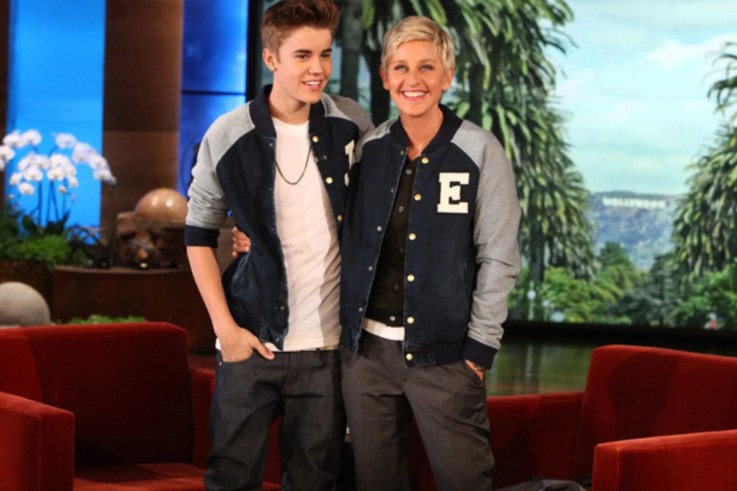Another week, another discussion around the spiderweb of geekiness that has come up in my classes.
This semester I’m taking Group Psychotherapy, and our first assignment was to come up with what we consider our cultural identity and have it ready for a group discussion in class. Now, I know the go to for most people is their ethnic culture. I also know (as someone brought up in class) that most white people tend to identify with some other group (religions, hobbies, interests, professions, etc.) rather than an ethnic group as a culture. I was upset when my classmate pointed this fact out, because to me it implies that all of those other things that people identify aren’t a “real” culture and that the only “real” culture is ethnicity.

(Image via University of Texas)
On the other hand, I completely fell into the stereotype she just described. Given the assignment to identify and discuss my culture, I scrambled to pull together anything I could that would sound acceptable. Do I talk about my family being German? No…aside from a few traditions handed down, I don’t really identify as German, and my family is from all over Europe anyway. What the hell was I going to do?
I could out myself in class and talk about gay culture…What about geek culture? I could talk about that. But how is that going to look up against my classmates discussing the struggles of African Americans, or Latin cultures and their pulling together as families in tough times? Would it be disrespectful?
I’ll be honest, up until it was my turn to talk, I wasn’t sure exactly what I was going to say. Luckily, one of my classmates brought up Anime as a culture, and I decided to just go with it.

I brought up geek culture and what that means to me. That it means being who I am, enjoying what I do, and loving what I love, regardless of what people may think.
As far as I can tell, there were no negative reactions to what I was saying. My professor smiled genuinely when I mentioned Therapeutic Code and the geek therapy movement. The classmates who spoke up seemed interested and asked questions. One classmate made a comment that made me think, though.
She asked me if I identify with adolescent culture because I identify so much with video games, comic books, cartoons, young adult movies, etc. In the moment, I kind of laughed and said that I guess I never really grew out of my adolescence. Now that I think about it, I wish I had told her no.
Just because someone likes geeky things, or things that teenagers typically like, it doesn’t mean that they aren’t an adult and identify with “adult” culture as well. (What the heck is adult culture anyway?)
So I like to play Pokemon and watch Twilight and Hunger Games in my spare time. I also work 40 hours a week, pay my rent, take my car to the shop, make my own doctor’s appointments, and hold down a household with my fiance. I’m 30 years old, I’m getting married next year, and I’m on my way to a solid career. So what if I share the same dress, slang, and interests as a 15 year old boy?

I don’t mean it in an argumentative way. I’m not upset at my classmate for making assumptions. I’m more upset at myself for not using her question as a way of showing my classmates a different point of view.
The jocks and drama kids from high school grow up to be athletes and actors. Sometimes they end up as professionals, sometimes they pursue it as a full time hobby. We never ask them if they still identify with adolescent culture or if they haven’t grown up. We worship them for their talents. Yet the geeks of high school are on the bottom of the totem pole throughout life.
If we can change how people see geeky hobbies, we can help geeks everywhere feel more confident and comfortable with themselves. I’ve said it before, and I’m sure I’ll say it again, but it’s important for geeks to have a safe space to be themselves and let loose about what they love. It’s especially important when they’re in the room with their therapist.
Which is why I wish I had said something in class with a room full of future clinicians. They are the future of therapy, and I hope that if the topic comes up again I can bring attention to this concept.
I do have to say that my professor made a good point at the end of my turn speaking. She said that my young clients probably connect with me well, not necessarily because of my cultural identification, but because I bring myself to the session. I am me, and I don’t care who knows.
In a way, she said part of what I wish I had said.
That it is important to be who you are and feel comfortable in your own skin.




